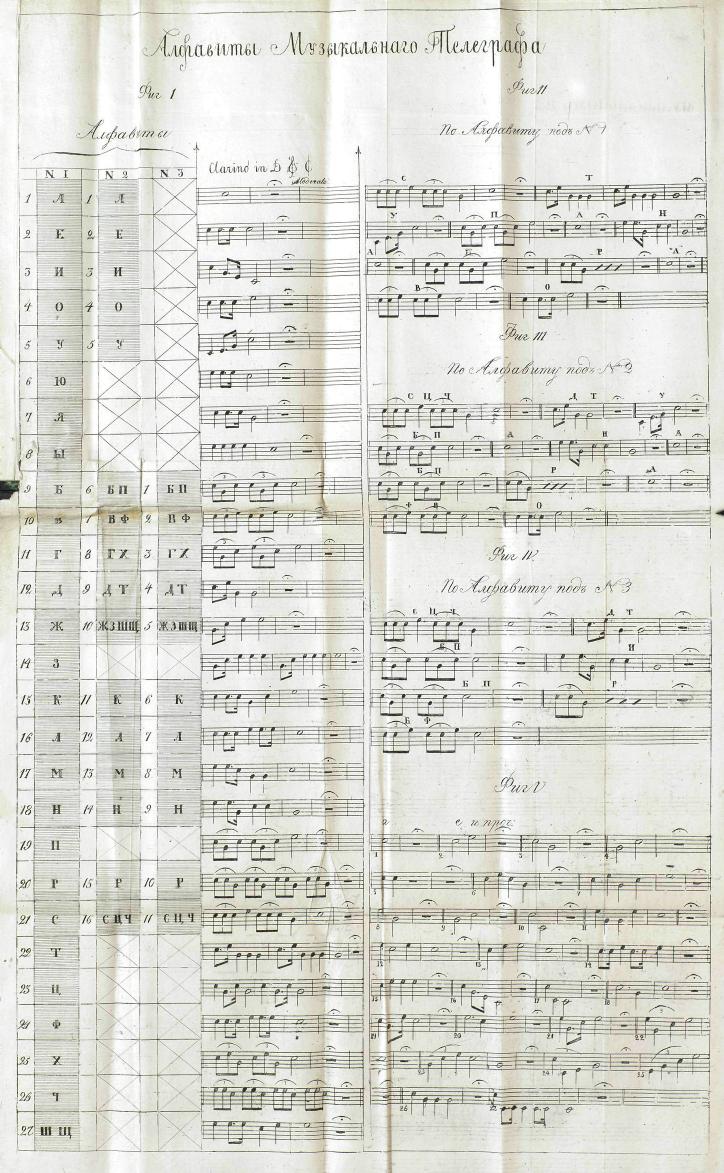[1] September 19 — Sound in the history of the senses
Section outline
-
Alain Corbin, "Charting the cultural history of the senses," in Empire of the Senses: The Sensual Culture Reader, ed. D. Howes (2005), 128-139.
Further reading:
Daniel Morat, ed., Sounds of Modern History: Auditory Cultures in 19th- and 20th Century Europe (2014).
Mark M. Smith, “Sound—So What?,” The Public Historian 37, no. 4 (2015): 132–44.
Mark M. Smith, "Futures of hearing pasts," in Sounds of Modern History, 13-22.
Veit Erlmann, Reason and Resonance: A History of Modern Aurality (2014).
Trevor Pinch and Karin Bijsterveld, eds., The Oxford Handbook of Sound Studies (2012). [621.3/893 PIN]
Jan-Friedrich Missfelder, “Period Ear. Perspektiven einer Klanggeschichte der Neuzeit,” Geschichte und Gesellschaft 38 (2012): 21–47.Sophia Rosenfeld, “On Being Heard: A Case for Paying Attention to the Historical Ear,” The American Historical Review 116, no. 2 (2011): 316–34.Constance Classen, A Cultural History of the Senses in the Age of Empire (2018).Robert Jütte, A History of the Senses: From Antiquity to Cyberspace (2005). [151.1 JUT]Alexander M. Martin, "The sensory in Russian and Soviet history," in Matthew P. Romaniello and Tricia Starks, eds., Russian History through the Senses: From 1700 to the Present (2016).Jane F. Fulcher, "Defining the new cultural history of music, its origins, methodologies, and lines of inquiry," The Oxford Handbook of the New Cultural History of Music (2011).Celia Applegate and Pamela Potter, “Cultural History: Where It Has Been and Where It Is Going,” Central European History 51 (2018): 75–82.Peter Burke, What is Cultural History? (2004/2008/2019)Johannes Müller on the sense of hearing (1840).Gyula Kornis on the senses (1919).
János Ranke on the sense of hearing (1875).
[Prince Odoevskii's musical telegraph alphabet -- click on image for source]
-
Uploaded 8/05/25, 17:07
-

